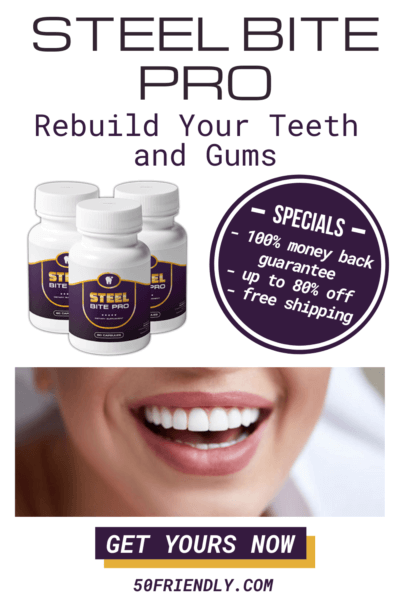Gum and Teeth Health For Adults Over Age 50
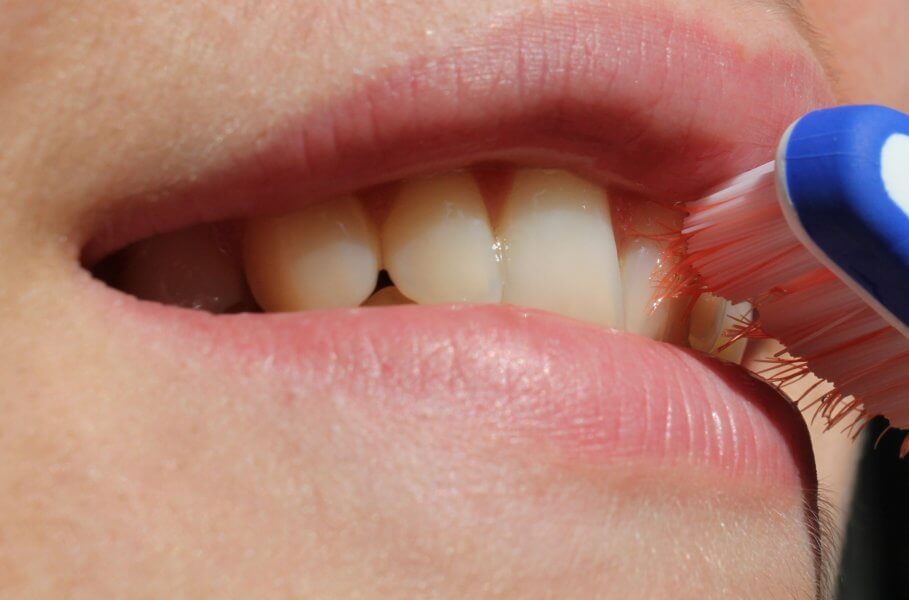
5 Top Questions On Oral Hygiene After Age 50
Gum and Teeth Health For Adults Over Age 50. It’s bound to happen – your teeth and enamel will get worn down from all the chewing, grinding and biting you’ve done over your lifetime. Bacteria (plaque) will also form and build up if not removed.
Neglected plaque can cause soreness, swelling, and bleeding in your gums. It can also cause infections that do great harm and damage to your gums and the bone underneath – an infection called gum disease, aka Periodontitis. How will you know if you may have gum disease? Well … do your gums bleed when you brush your teeth? Are your gums receding – have pulled back from your teeth? Do you have loose teeth? Bad breath? These are all signs.
GOOD ORAL HYGIENE FOR PREVENTION
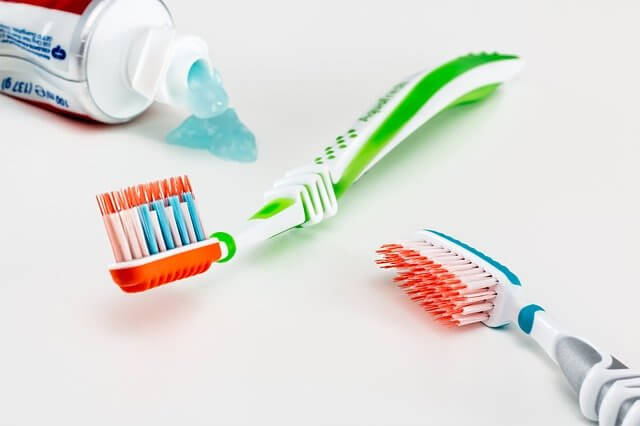
If your gums and teeth haven’t gotten to this point yet, there are some good oral hygiene steps to take for prevention. Most importantly – keep your gums and teeth healthy by brushing twice a day, floss every day, make sure to have your regular dental checkups and cleanings, and quit smoking if you smoke.
There are also a couple healthy habits you can incorporate into your daily routine as well – to help keep your mouth in tip top shape – for gum and teeth health for adults over age 50. They are:
1) DON’T LET YOUR MOUTH DRY OUT – Keep the Saliva Flowing. Make sure to drink plenty of water throughout the day, which will help keep your mouth moist and with salivating.
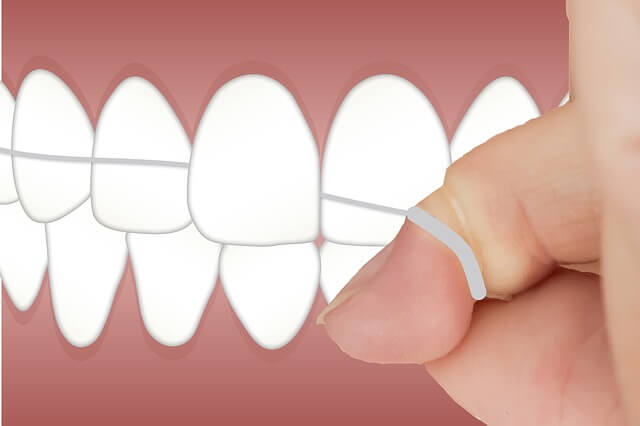
AND SPEAKING OF SALIVA – if you’re already having problems with your teeth and gums, check out the new product below called STEEL BITE PRO.
2) AVOID OR CUT BACK ON SUGARY AND STARCHY FOODS which cause your mouth to make acid – acid that wears away the enamel on your teeth. Avoid or cut back on fizzy drinks, citrus fruits and juices as they all contain acid as well. They say if you do drink them, don’t swish them around in your mouth. And when you’re finished, follow up with some milk or cheese to cancel out the acid. Funny thing about the milk – whenever my gums start to hurt, I reach for a class a milk and swish it around my mouth to make my gums feel better – and its always worked. Who’d of thought there was real science behind this.
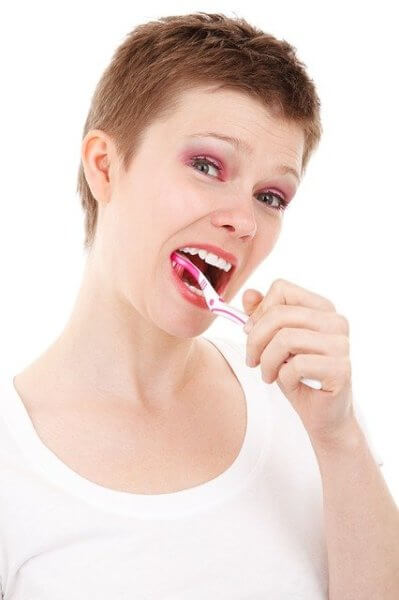
So the take on this is to definitely go that extra mile in keeping your teeth and gums healthy. Get a good toothbrush, use a mouthwash, scrape your tongue in the morning, and make sure to visit a dentist once or twice a year. Remember your good health starts from the inside out – especially when it comes to your teeth and gums.
AND NOW …
The 5 Top Questions and Answers On Oral Hygiene After Age 50
1. WHY IS ORAL HYGIENE SO IMPORTANT? Good oral and dental hygiene can help prevent bad breath, tooth decay and gum disease—and can help you keep your teeth as you get older. Researchers are also discovering new reasons to brush and floss. A healthy mouth may help you ward off medical disorders.
2. WHY IS GOOD ORAL HYGIENE IMPORTANT FOR OLDER ADULTS? Within today’s aging population, people are keeping their teeth longer which means that maintaining good oral hygiene is more important than ever. Studies have shown clear links between poor oral hygiene and systemic diseases such as advanced gum disease and cardiovascular disease.
3. SIGNS OF POOR ORAL HYGIENE
* Tooth Pain – If you notice pain in your tooth, do not ignore it
* Bleeding or Swollen Gums – or alterations in gum color are signs that something is wrong with your oral hygiene
* Alterations to the Tongue
* Growths Within the Mouth
* Deteriorating Gums4. HOW POOR ORAL CARE CAN CONTRIBUTE TO POOR HEALTH IN THE OLDER PEOPLE? Poor oral health is linked to increased risk of cardiovascular disease, stroke and aspiration pneumonia. Aspiration pneumonia is a major cause of morbidity and mortality for hospitalized and institutionalized frail older people.
5. AT WHAT AGE DO ADULTS START LOSING TEETH? By age 50, Americans have lost an average of 12 teeth (including wisdom teeth). And among adults 65 to 74, 26 percent have lost all their teeth. Anyone who is missing one or more teeth due to injury, disease or tooth decay may be a candidate for dental implants. The determining factor is the amount of available bone.
